Multiple Waterscapes in Urban Ghana (MUWUG)
MUWUG investigates how poorer residents in urban Ghana access, experience and adapt to multiple drinking water systems under conditions of climate change.
This project explores the critical intersection of climate change and access to water in urban areas. To do so we develop an interdisciplinary approach bringing ethnographic and historical methods into conversation with economic analysis and testing of water quality. Competition for access to water produces different adaptive strategies on the part of poorer residents. These adaptive strategies are gendered, situated and historically embedded. Understanding this micro-level variation is critical for better-informed policy at the macro-level.
MUWUG is an international research collaboration between University of Copenhagen, Kwame Nkrumah University of Science and Technology, the Danish Institute for International Studies and the Geneva Water Hub.
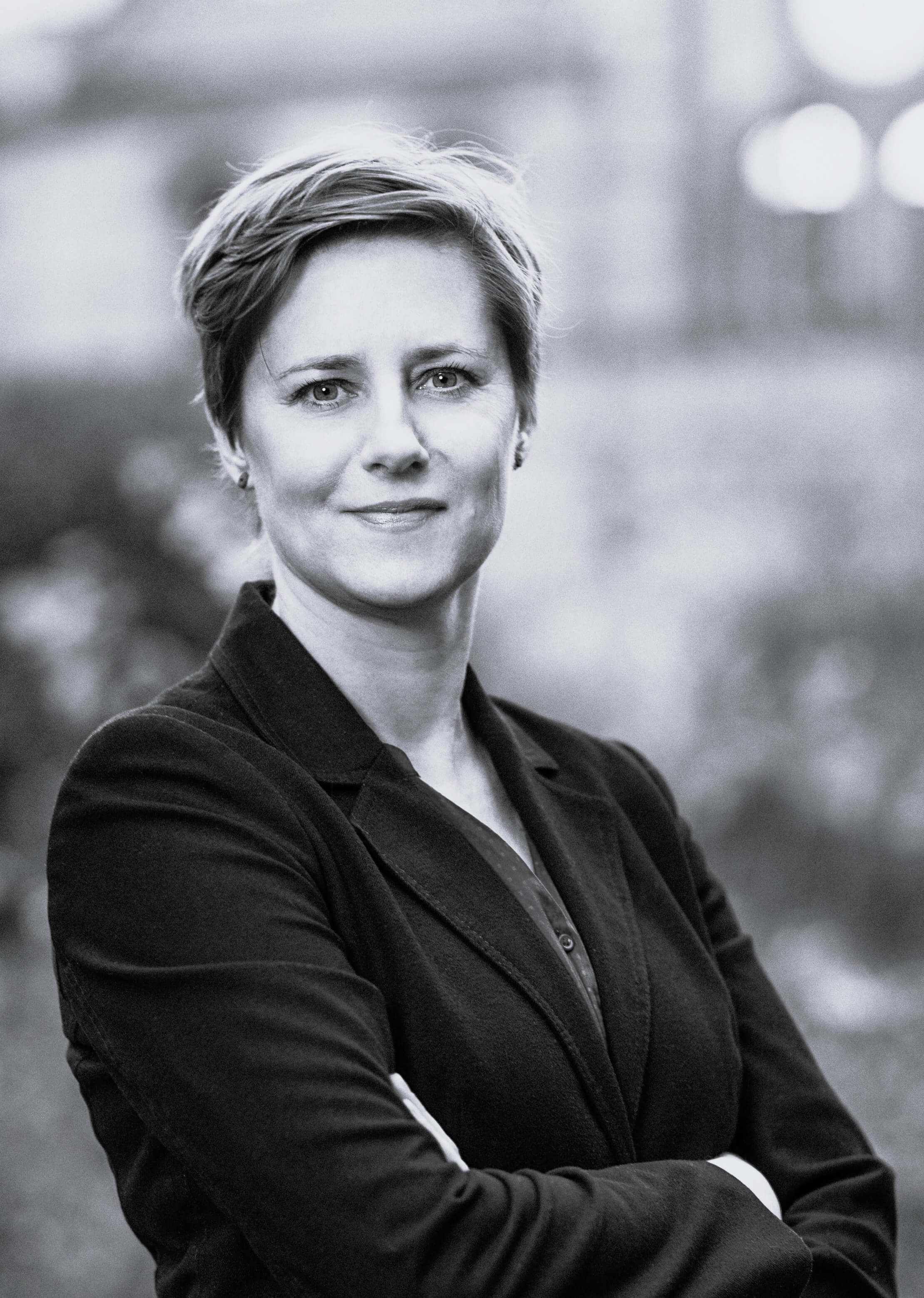
Karen Lauterbach Lauterbach is Principal Investigator of the MUWUG project. Besides leading the overall project, she does research in the Asawase area of Kumasi and focuses on historical, cultural, and religious aspects of everyday access to water. |
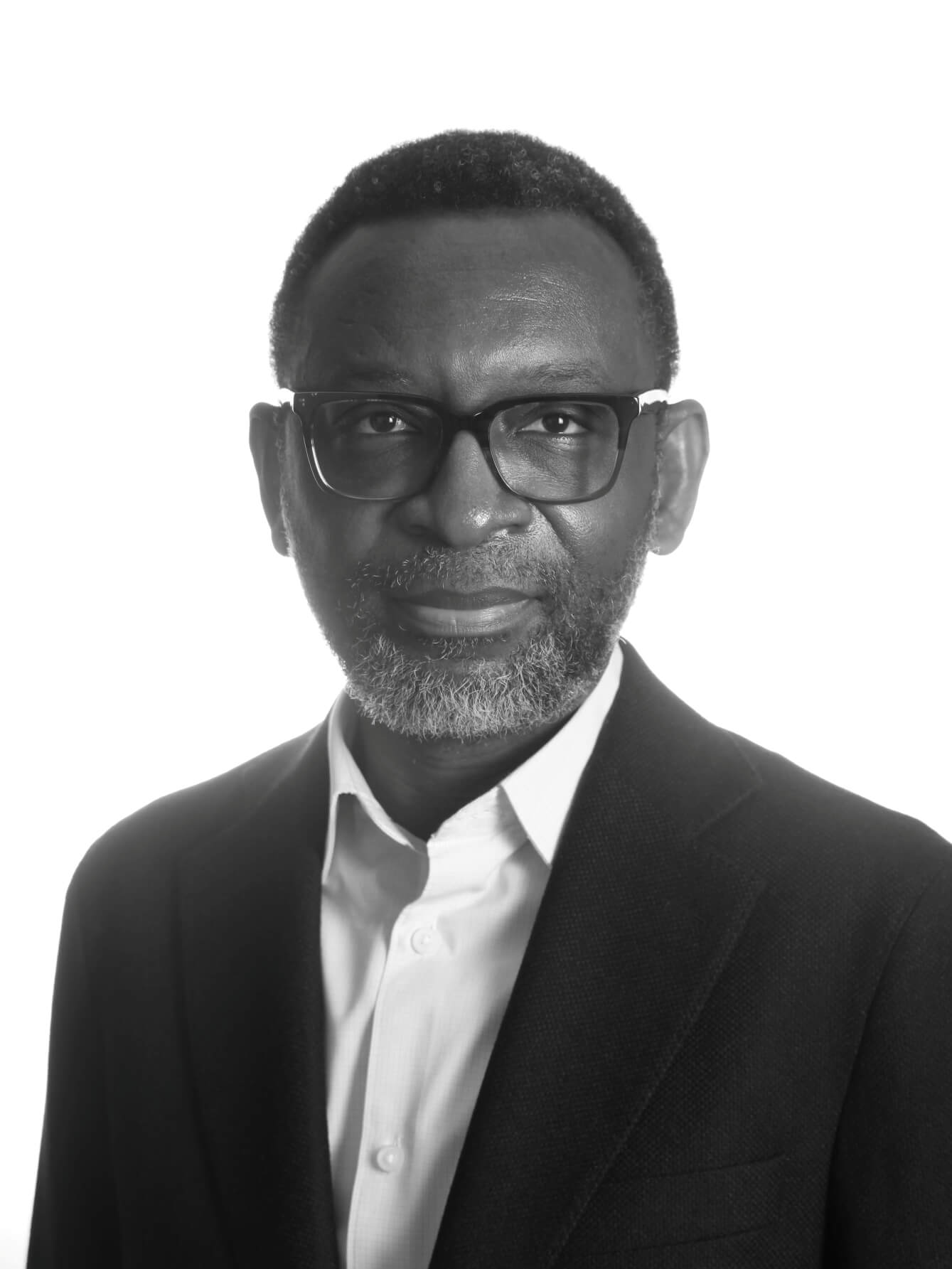
George Bob-Milliar Bob-Milliar is Co-principal Investigator and lead on the arm that focuses on water governance in an industrial setting - Ayuom, situated within the Bosometwe District near Kumasi. It is a dynamic site where residents compete with water-intensive industrial activities and there are issues of contamination and run off from the industrial sector. |
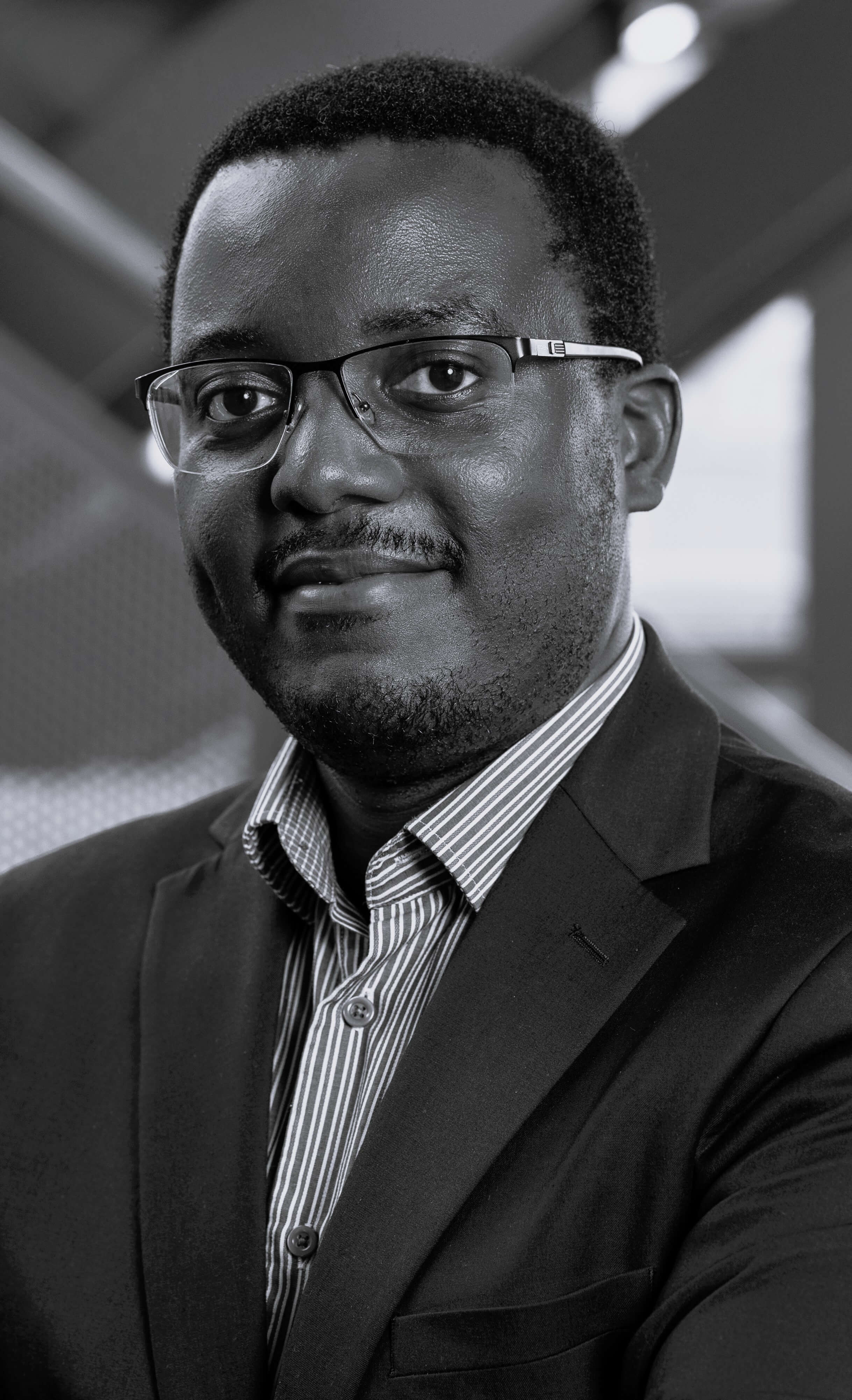
Abel Gwaindepi Gwaindepi is, among other research interests, interested in natural resources and economic development in Africa. In the MUWUG project, he leads (with other co-investigators) the water access and consumption survey.
|
|
Jones is Co-Investigator and is particularly interested in the interplay of different institutions - religious, government, customary, educational - and how these shape how individual actors access drinking water under conditions in Kumasi. |
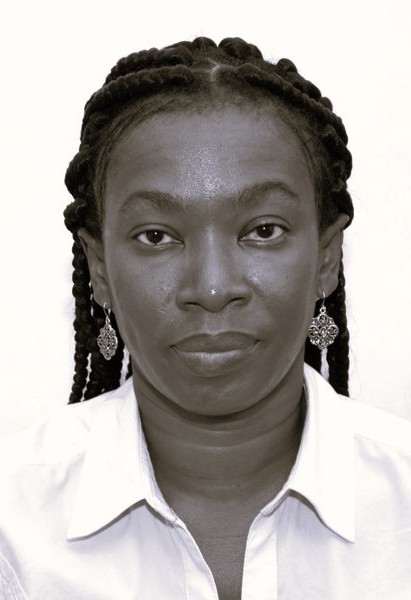 Kafui Afi Ocloo Kafui Afi OclooSenior lecturer, Kwame Nkrumah University of Science and Technology. Ocloo, a regional planner with extensive decades of experience, contributes to the MUWUG project with critical policy and planning perspectives. Her participation underscores MUWUG's recognition of spatial dimensions—acknowledging the fundamental principle that development processes manifest within geographical contexts. |
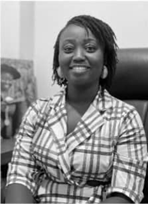
Eugenia Anderson As a gender historian, Anderson's main role includes undertaking research in line with the MUWUG project specifically focused on gender dimensions of water governance. She will contribute six scholarly publications (articles & book chapters) as well as participate in data gathering and teaching at the undergraduate and postgraduate levels. |
|
Jambadu will explore the complexities of water access in peri-urban and informal settlements with a focus on how the 'urban poor' access and secure water through everyday practices and sociotechnical arrangements (in the context of heterogeneity) and how these practices shape residents' (and urban water systems') resilience to climate-induced water crisis. |
|
Manu-Osafo's role in the MUWUG project is to collect a corpus of archival data on the history of waterscapes based on documents from three archives in Ghana: PRAAD-Accra, PRAAD-Kumase, and the Manhyia Archives. |
|
Bianchi's research adopts a feminist political ecology approach and combines it with the lenses of emotional geography to enhance our understanding of how women of Asawase, Kumasi's downtown area, experience and embody their daily struggles and negotiations to access water. |
Divine Kwadjo Ametorgoh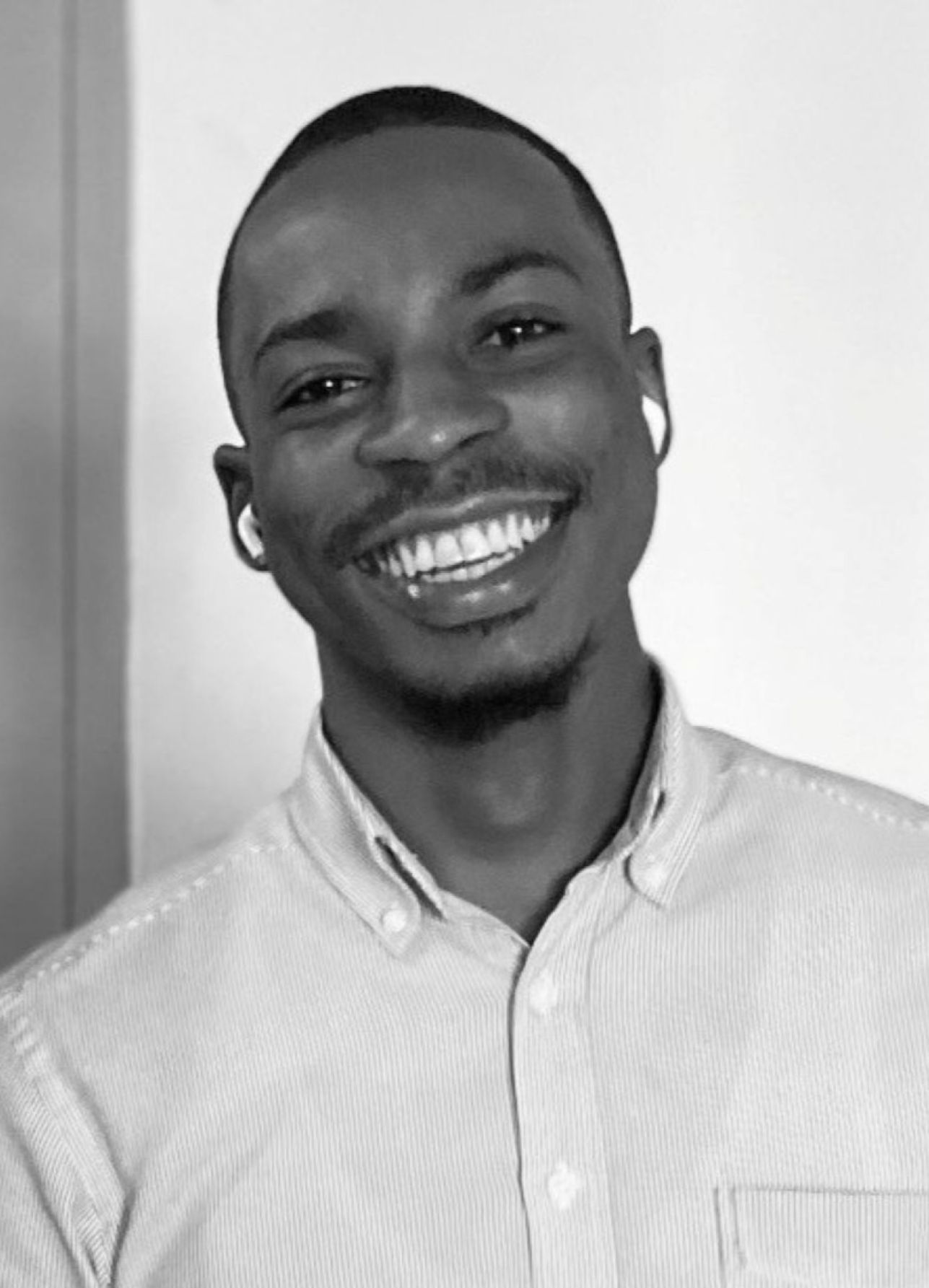
PhD Researcher, Kwame Nkrumah University of Science and Technology. Ametorgoh's work focuses on examining how access to clean drinking water under conditions of climate change in Kumasi shapes policy development and implementation. Through policy analysis, he aims to investigate the role of mediating institutions in shaping water access and distribution in three sites across Kumasi. |
Musah Aziba Issah Issah focuses on political dynamics of water competition between residents and water-intensive industries within the Kumasi Area. He critically examines stakeholder engagement practices, assessing the meaningfulness and inclusivity of their interactions in shaping local water governance and equitable resource distribution. |
|
Tei's research is an investigation on how urban residents maneuvre the politics of water supply in Kumasi and discusses how social factors and multiple institutions shape urban residents’ everyday practices of accessing water. The research examines urban residents’ everyday practices of accessing water and their adaptation strategies toward multiple water systems under climate conditions. |
|
MPhil Researcher, Kwame Nkrumah University of Science and Technology. Bartholomeo's research focuses on climate change awareness and household water access in Ghana, with a specific emphasis on the Greater Kumasi region. As part of the MUWUG project, I analyze water consumption behaviors, adaptation strategies, and policy implications to improve sustainable urban water management. |
|
MPhil Researcher, Kwame Nkrumah University of Science and Technology. Baidoo's research focuses on climate change coping mechanisms and household water security in Greater Kumasi. He will also assist the MUWUG-project in undertaking a consumer survey to provide data on the differentiated economy of water provision and consumption. |
Waterscapes
Through the concept of urban waterscapes, we examine the relationship between actors, institutions and governance in shaping how people access water. We foreground social power and the production of inequalities in access to portable water and do this in a geographically situated way. An urban waterscapes approach recognise the differentiated, fragmented and uneven provision of water that does not match modern infrastructural ideas of the planned, networked and engineered city that guides current policy frameworks. An ethnographic waterscapes perspective takes seriously the significance of everyday street-level practises and the way social identities explain wider patterns of access. We understand everyday practices as actions, knowledge and norms (Rusca and Cleaver 2022).
History and mediating institutions
Water systems governance in the political ecology literature has a largely contemporary and future-oriented focus. We analyse everyday practices in an historically informed way and trace the shifting landscape of mediating institutions in Kumasi. We examine how institutional arrangements persist, how they are shaped by different aspects of social identity – gender, education, religion, ethnicity, class, migrant status – and how they are reproduced in the city over time. We also account for the spaces and mechanisms through which these systems have been challenged or changed, and how and why this has varied across the urban waterscape at different points in time. Recent work from the global south, has shown how the normative framing of institutions – governmental, cultural, private sector – is informed by their own histories. We look at how the past mapping of Kumasi by colonial and postcolonial authorities has shaped the particular nature of water provision in different parts of the city, and how this has shaped the normative disposition of water officials as they make sense of their work under conditions of climate change. By emphasising variations in past experience as critical to institutional performance in the present, MUWUG offers an innovative approach to understanding adaptive strategies.
Interdisciplinarity
MUWUG brings ethnographic and historical work and its focus on everyday practises into conversation with economics and water studies. Part of our project involves a consumer survey with a particular focus on gender. We will also implement a technical mapping of water distribution and quality across three urban sites. The interdisciplinary approach will show how local knowledge and norms are informed by economic conditions and an understanding of the changing material environment. Our approach recognises that ‘neither water’s social nor material aspects should be considered in isolation’ (MacAfee 2023, 2). Through working as an interdisciplinary research team, MUWUG will generate holistic analysis and a more robust platform for engaging with policy.
MUWUG will be collecting data through five different interdisciplinary methods.
Method 1: Ethnography, to build a corpus of data that looks at everyday practices.
The corpus of ethnographic data will be developed through semi-structured interviews with women and men representing different relationships to water use and provision. We will also engage in participant observation of public spaces where water is managed (e.g. municipal water offices, borehole users’ committees, standpipes). Ethnographic work will also collect available written information from local stakeholders, including meeting minutes, accounts, case books, policy documents. We will also join offline and online discussions on water governance through the radio, Facebook pages, Whats App groups.
Method 2: Archival, to show how social practices related to the urban waterscape in Kumasi are historically embedded.
MUWUG will collect a corpus of data on the history of waterscapes in the three study sites. This will be achieved through working with three distinct archives. First the Public Records and Archives Administration Department – PRAAD – in Kumasi and Accra which contain documents from the colonial era, planning documents, and postcolonial policies. Second the Manhyia Palace Archives which include documents related to Asante responses to government actions in the city concerning water provision and public health concerns. Third, what are termed ‘tin trunk archives’ which will give better access to postcolonial history, which in Kumasi is fragmented and partial. Tin trunk archives are the personal documents people keep at home, and the memories revealed through conversations about these materials. Of particular interest will be the archives of citizens who have had an active role in water provision.
Method 3: Technical mapping, to complement the qualitative methods with a technical mapping of the waterscapes in three specific urban sites.
A consumer survey will be conducted across 2250 households in the three study sites (750 households per site). It will be a stratified random sample, stratified by type of user. There will be enough data points to disaggregate by gender. The survey will provide data on the differentiated economy of water provision and consumption. Included in the consumer survey will be a pilot study as a feasibility test. A smaller survey will be administered to the same households to produce eight data points over a two-year period. This will help better understand the relationship between seasonality, climate variance and consumer decision making.
Method 4: Consumer survey, to focus on the gendered nature of access to drinking water.
There will be a technical mapping and assessment of water sources across the three study sites. This answers the call for waterscapes research that understands the interrelationship between the social and the material (MacAfee 2023). Included in the survey will be data on material variance – quantified measures of pathogens and contamination. The mapping will include bi-monthly recordings of water quality over a two-year period, capturing variation within and between years.
Method 5: Policy analysis, to support the research by data collection and analysis of the evolving water policy landscape in Kumasi - which is critical for dissemination and stakeholder engagement.
MUWUG will conduct an analysis of the evolving water policy landscape in Kumasi. This study will be of particular importance for stakeholder engagement and future dissemination. Included in the data collection will be elite interviews with policy makers at the municipal and national levels (NGOs, government, private sector) and documentation on the role of international actors working in Kumasi (World Bank, bilateral donors, UN agencies). This will facilitate analytical work on policy discourses and content analysis on the different representations of poorer people by public authorities and development institutions.
Future activities will be presented here.
Future publications will be presented and linked to here.
- Eugene Larbi, Managing Director of TREND.
- Mathias Thuborg Madsen, Counsellor at the Danish Embassy in Accra.
- Dr. Laury Ocen, Lira University in Uganda.
- Prof. Brenda Chalfin, University of Florida.
- Dr. Maria Rusca, University of Manchester.
- Prof. Esmerelda Manful, Kwame Nkrumah University of Science and Technology.
- Dr. Jeffrey Paller, University of Gothenburg and University of San Francisco.
- Prof. Maren Duvendack, University of East Anglia.
MUWUG has been designed collaboratively by four partner institutions:
- Centre of African Studies (CAS), University of Copenhagen (Denmark).
- Kwame Nkrumah University of Science and Technology (Ghana).
- The Danish Institute for International Studies (Denmark).
- The Geneva Water Hub (Switzerland).
Contact
Karen Lauterbach
Director, Associate Professor
Centre of African Studies
+45 35 32 36 16
kjl@teol.ku.dk
Project period
1 April 2024 - 1 May 2029

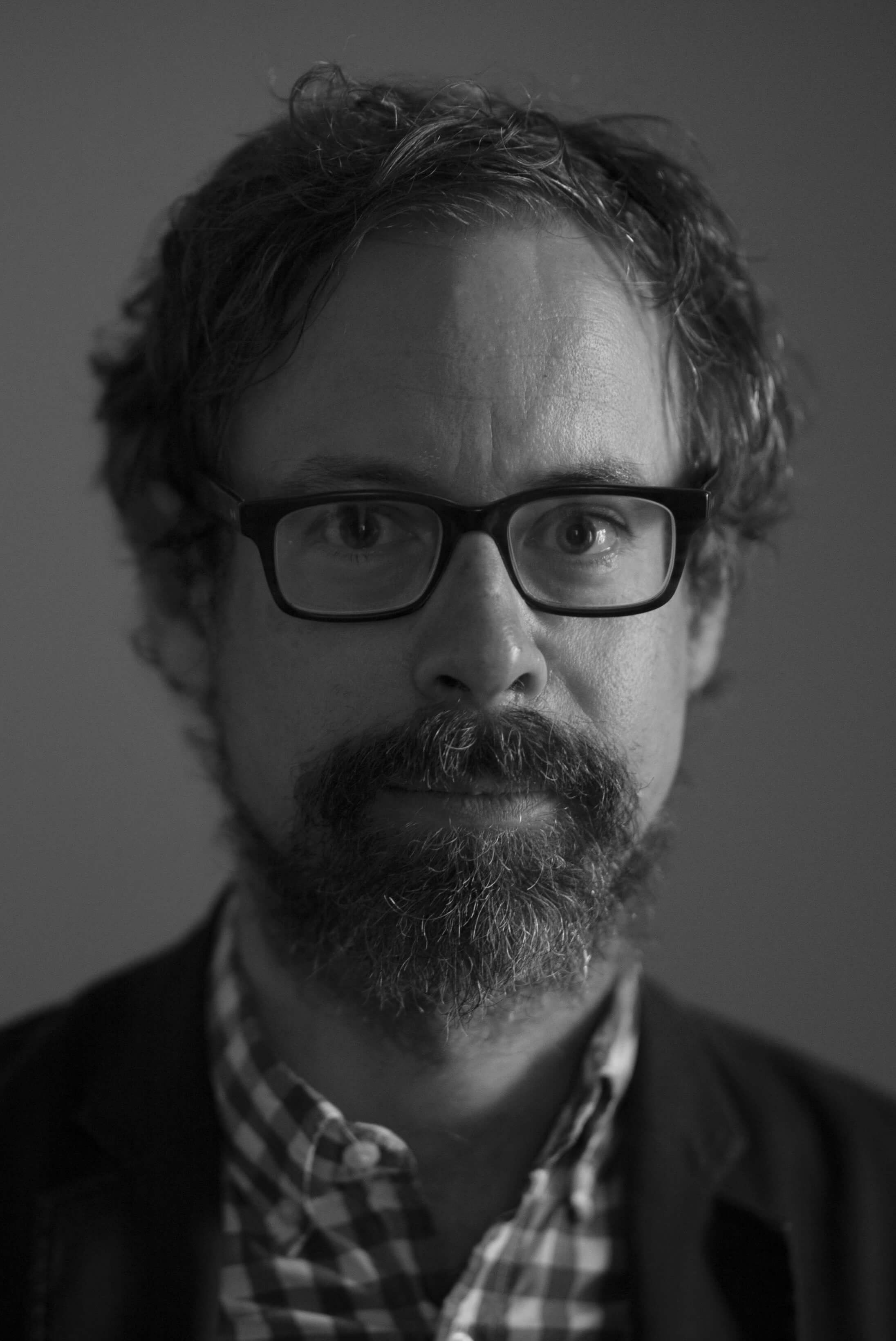
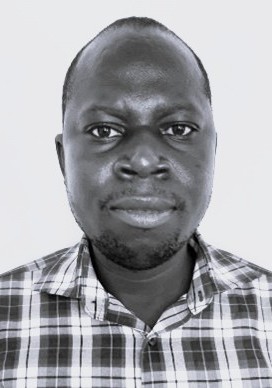 Lazarus Jambadu
Lazarus Jambadu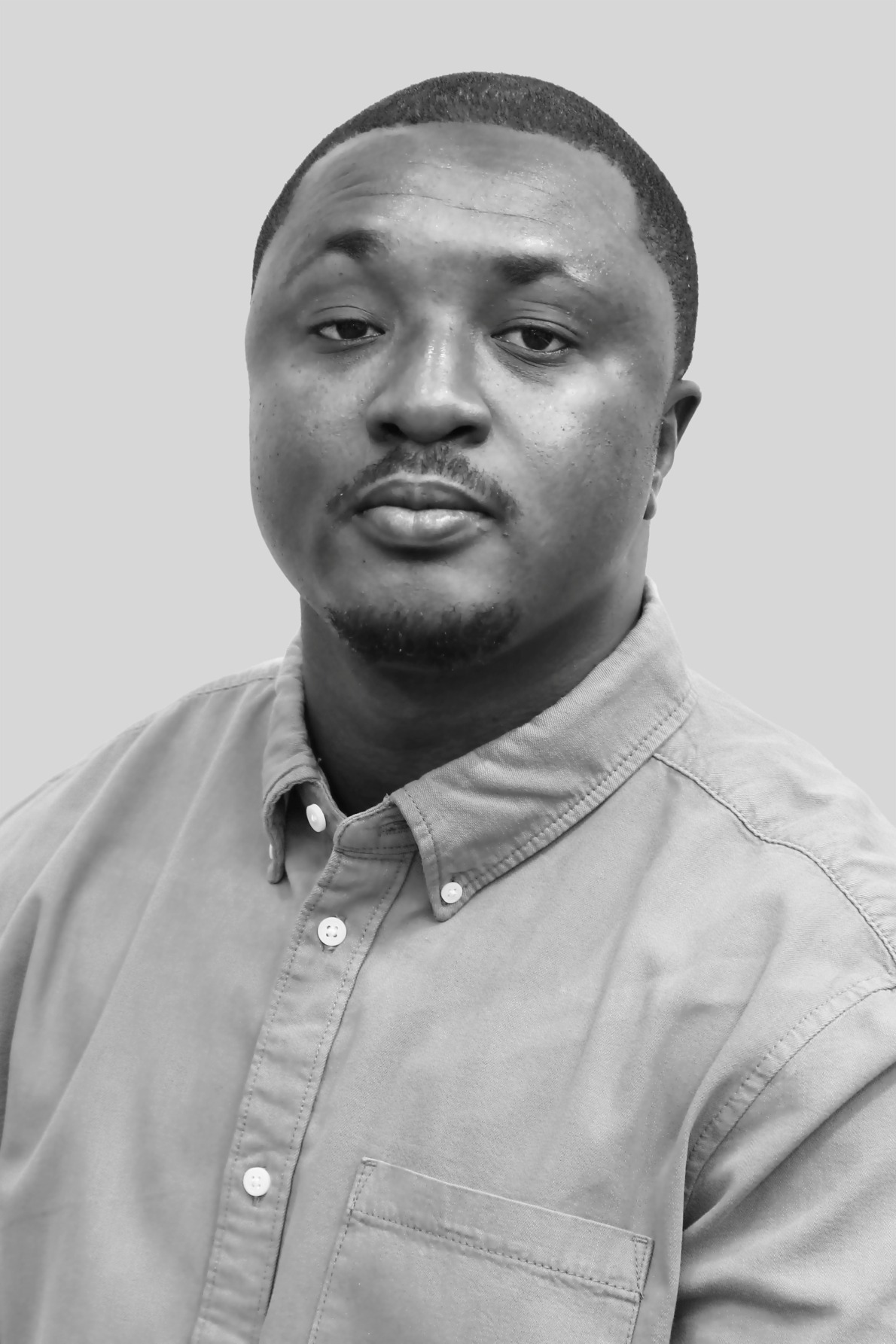 Manuel J. Manu-Osafo
Manuel J. Manu-Osafo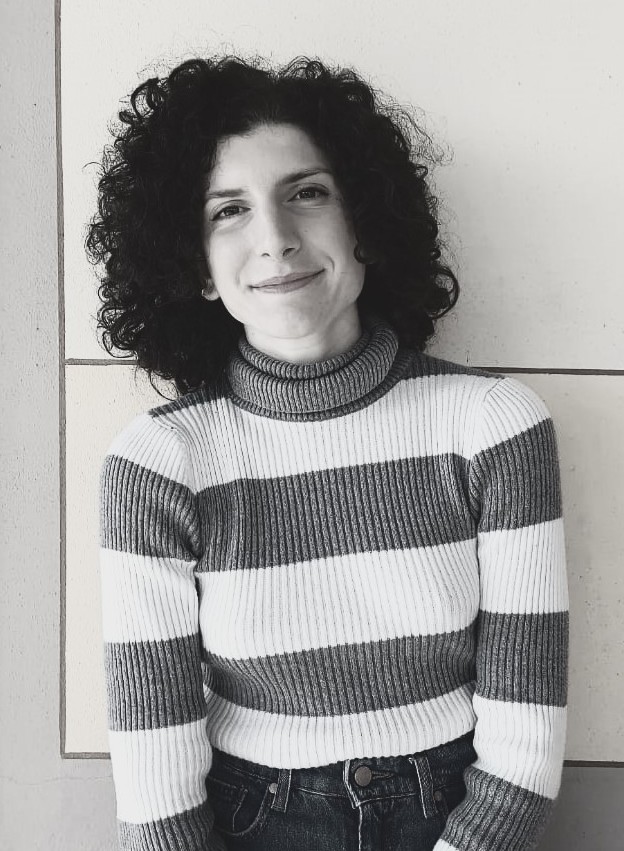 Simona Bianchi
Simona Bianchi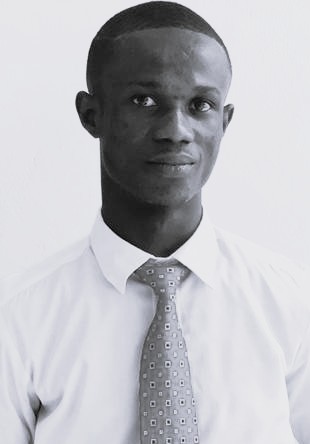
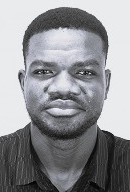 Begyere Bartholomeo
Begyere Bartholomeo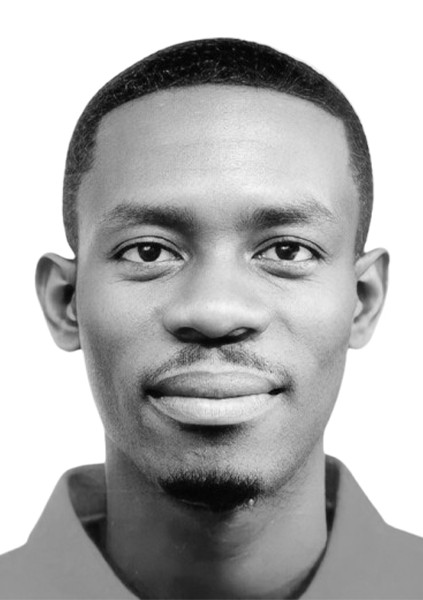 Samuel Baidoo
Samuel Baidoo